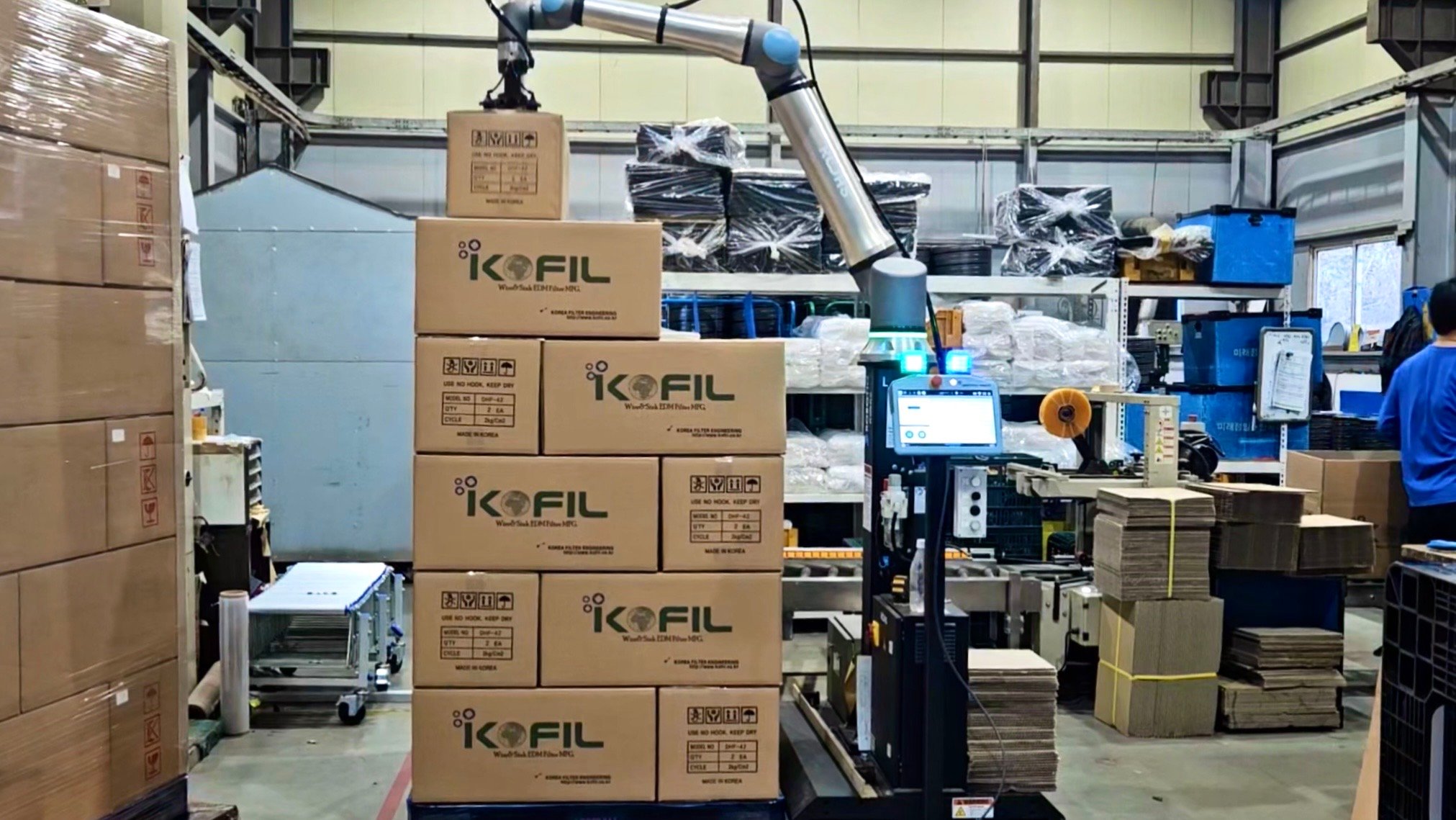Robots have become an integral part of our lives, performing tasks that were once exclusive to humans. However, one major limitation that robots have faced is their inability to feel touch. A company in Edinburgh is working on bridging this gap by developing electronic skin that could revolutionize the way robots interact with their environment.
The skin is the largest organ in the human body and plays a vital role in our sense of touch. Most animals have some form of touch sensation, and the lack of this ability has hindered robots in navigating unstructured environments effectively.
The electronic skin is made by printing sensors onto different materials that can be applied to robots. These sensors are flexible, thin, and provide robots with the ability to sense pressure and touch, allowing them to handle delicate objects or interact with humans in a gentle manner.
The company is currently deploying an avatar system equipped with electronic skin to a hospital in Finland, where it will assist nurses in caring for patients. The system can deliver food and medication, take physical measurements, and even communicate with patients, making it a valuable asset in healthcare settings.
By integrating electronic skin into robots, the possibilities are endless. Robots could potentially perform tasks that require a delicate touch, such as repositioning patients or changing catheters. This advancement in technology could revolutionize the field of robotics and make robots more capable of interacting with their surroundings.
The era of tactile intelligence in robots is upon us, thanks to the development of electronic skin. With this technology, robots could soon have a sense of touch, bringing them one step closer to resembling human capabilities. The future of robotics looks promising as we continue to innovate and push the boundaries of what robots can achieve.
Watch the video by BBC News
Video “Electronic skin could give robots a sense of touch | BBC News” was uploaded on 05/19/2024 to Youtube Channel BBC News

























